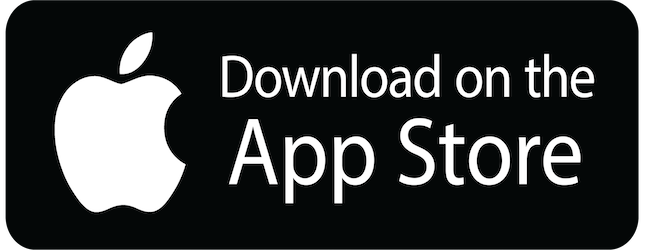What's the difference between "jail" and "prison"?
Do you know the difference between the words "jail" and "prison"? Learning the difference can teach you not only about these words, but about other words related to crime, courts, and punishment as well.
The meaning of "jail"
If you get arrested, the police take you to a jail. Jails are operated by the local police department or government. The police can release you if they want to, or you will be taken to court to find out what should happen to you next. You might be released on bail until your trial, which means that you're allowed to leave the jail, but have to pay some large amount of money that won't be returned unless you show up for the trial.
If the judge and jury decide that you're guilty, you might be sent to jail if the crime was small (a "misdemeanor") and your punishment is short.
The meaning of "prison"
If your crime was more serious, you might be taken to a jail first before being sent to prison.
Prison is where criminals are kept for punishment for longer periods of time. People who are being held in a prison are called "inmates".
Here's another description of the difference between "jail" and "prison", written for native English speakers:
http://www.diffen.com/difference/Jail_vs_Prison
Other words for jail or prison
Another, more formal, word for "prison" is "penitentiary". Some prisons use the word "penitentiary" in their official name, like "Leavenworth Federal Penitentiary".
There are a few well-known slang terms for jails and prisons: "The slammer" sounds old-fashioned. "The joint" sounds like something that a person who has actually been to prison would say.
Print this Article




